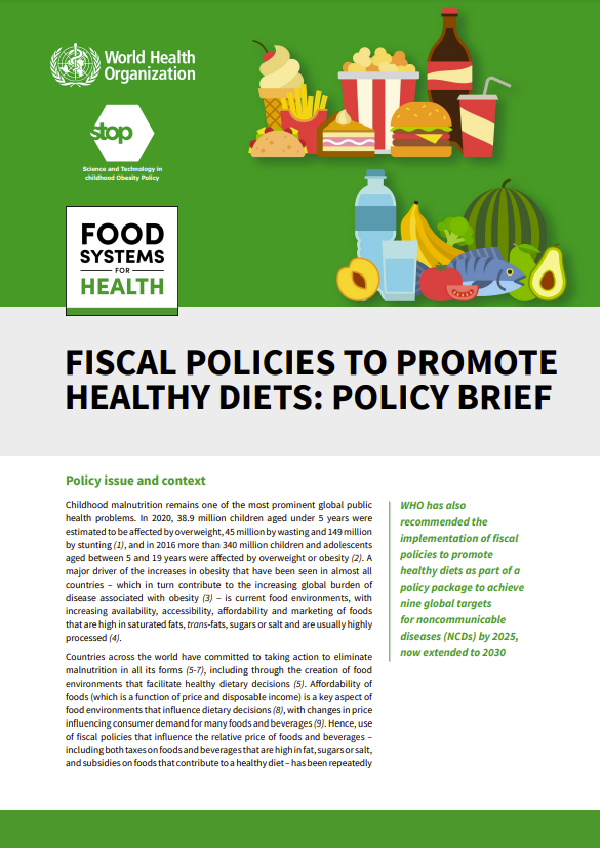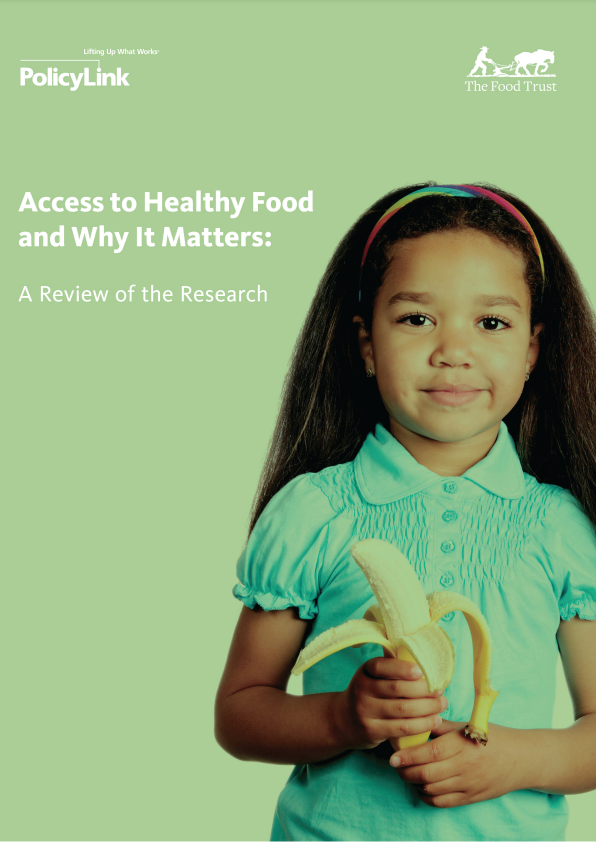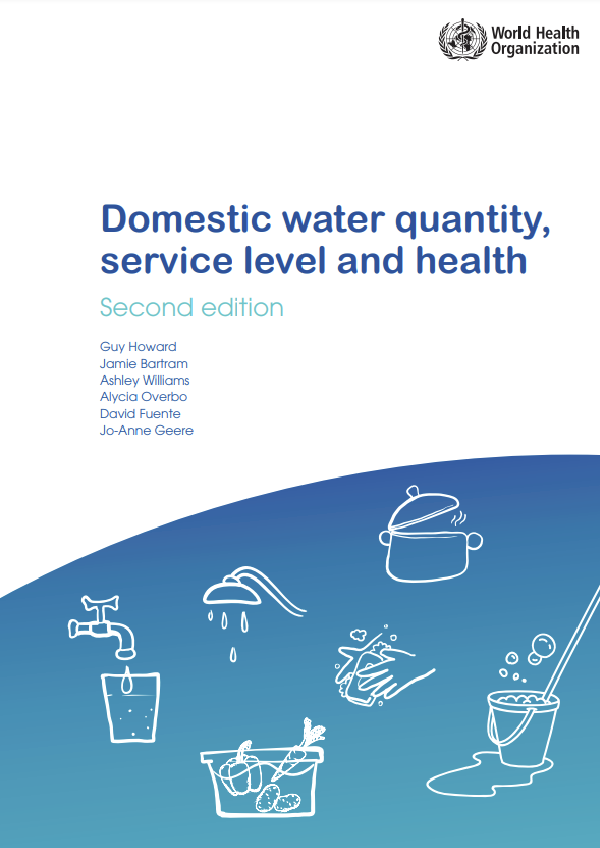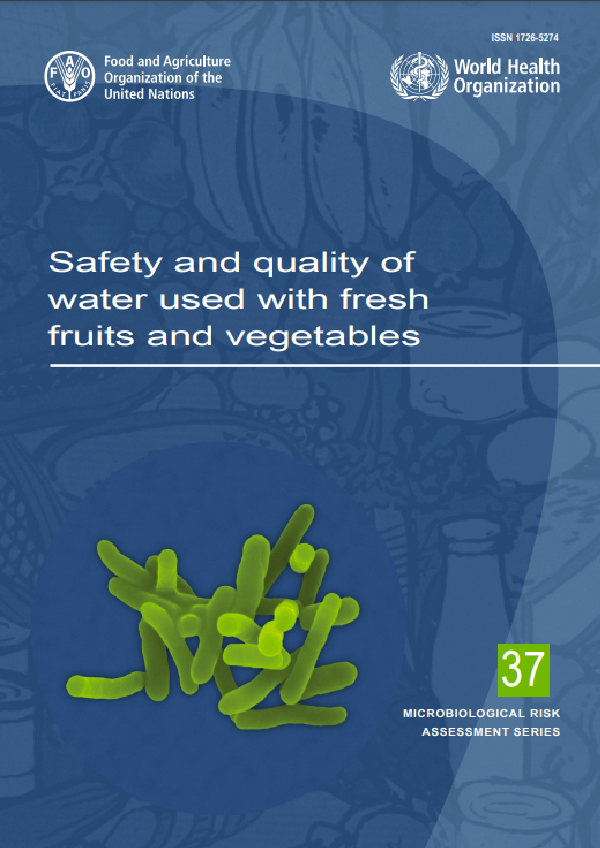This policy brief provides policy-makers, programme managers, health professionals, and advocates with information and policy options related to the implementation of fiscal policies to promote healthy diets. To incentivize the consumption of healthier options and disincentivize the consumption of less healthy options, governments are called upon to implement fiscal policies that promote healthy diets, such as taxes on less healthy foods and beverages and subsidies on healthier foods and beverages.
Policy issue and context
Childhood malnutrition remains one of the most prominent global public health problems. In 2020, 38.9 million children aged under 5 years were estimated to be affected by overweight, 45 million by wasting and 149 million by stunting (1), and in 2016 more than 340 million children and adolescents aged between 5 and 19 years were affected by overweight or obesity (2). A major driver of the increases in obesity that have been seen in almost all countries – which in turn contribute to the increasing global burden of disease associated with obesity (3) – is current food environments, with increasing availability, accessibility, affordability and marketing of foods that are high in saturated fats, trans-fats, sugars or salt and are usually highly processed (4).
Countries across the world have committed to taking action to eliminate malnutrition in all its forms (5-7), including through the creation of food environments that facilitate healthy dietary decisions (5). Affordability of foods (which is a function of price and disposable income) is a key aspect of food environments that influence dietary decisions (8), with changes in price influencing consumer demand for many foods and beverages (9). Hence, use of fiscal policies that influence the relative price of foods and beverages – including both taxes on foods and beverages that are high in fat, sugars or salt, and subsidies on foods that contribute to a healthy diet – has been repeatedly recommended as a policy option to promote healthy diets. For example, the Framework for Action adopted at the Second International Conference on Nutrition in 2014 recommended exploring the use of “economic incentives or disincentives” to promote healthy diets (10), and the World Health Organization (WHO) has recommended the implementation of taxation on sugar sweetened beverages as a cost-effective intervention to reduce consumption of sugars (11). WHO has also recommended the implementation of fiscal policies to promote healthy diets as part of a policy package to achieve nine global targets for noncommunicable diseases (NCDs) by 2025, now extended to 20301 (6, 12). Based on a literature review in 2019, WHO again recommended that countries consider taxing all sugar-sweetened beverages (13); the Commission on Ending Childhood Obesity also recommended the implementation of sugar-sweetened beverage taxes as part of a policy package to tackle childhood obesity (14). Although the issue of sustainability is beyond the scope of this policy brief, there is growing interest in the possibility of using taxes and subsidies to promote diets that are both healthy and sustainable, and minimize the negative impacts of diets on the environment (15-19).
Malnutrition has many complex and often interrelated causes; thus, fiscal policies to promote healthy diets should be embedded in a comprehensive approach to improve population diet through food system transformation and the creation of healthy food environments. When fiscal policies are part of such an approach, they can be used to shift consumption patterns, encourage product reformulation, and raise domestic revenue (which in turn can be used for health promotion, strengthening health systems or efforts towards universal health coverage).
This policy brief provides policy-makers, programme managers, health professionals and advocates with information on the evidence on the impact of fiscal policies to promote healthy diets with a focus on taxation; challenges and opportunities; and policy options related to the design of taxes to promote healthy diets.











